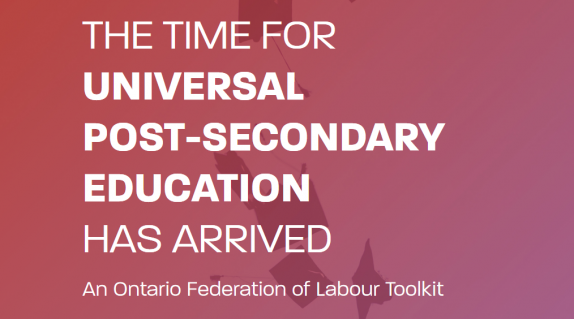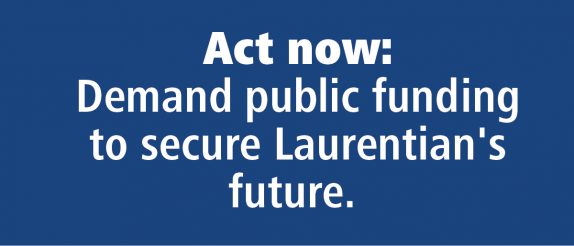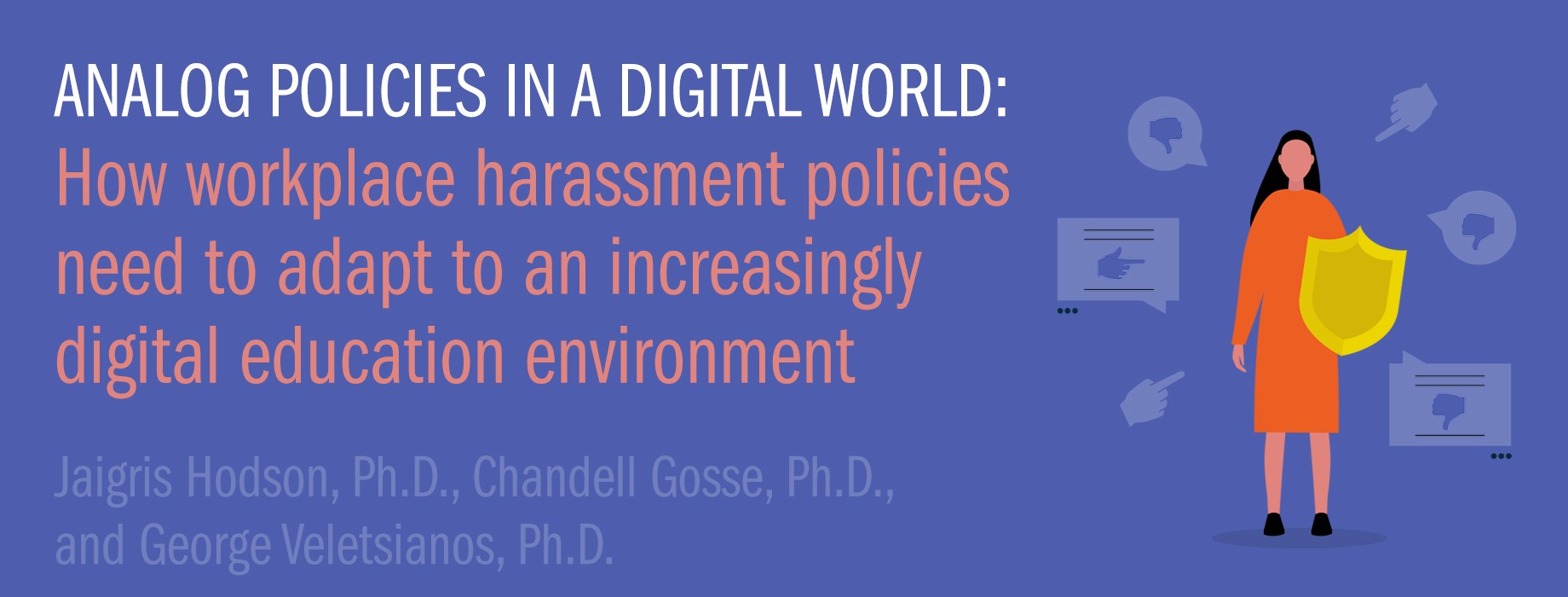
There is more to Academic Matters than just the print issue. New articles are being added to the Academic Matters website every week. Here are some recent articles you might find interesting:
Public money, private profit: A history of U of T’s MaRS Discovery District
By Chelsea Tao and Mariana Valverde, University of Toronto
“It is well known that the University of Toronto (U of T) has historically played an important role in scientific innovation. This is embedded in history books and remembered in campus commemorative plaques marking numerous scientific advances, including the discovery of insulin at the…”
Good riddance to boring lectures? Technology isn’t the answer—understanding good teaching is
By Christopher Charles Deneen, The University of Melbourne and Michael Cowling, CQUniversity Australia
“With some universities returning to face-to-face teaching this year, ANU Vice Chancellor Brian Schmidt noted that, while his university was one of them, lectures would be much less common and not a “crutch for poor pedagogy”. Since then many have discussed the issue…”
The problem with online learning? It doesn’t teach people to think
By Robert Danisch, University of Waterloo
“The modern research university was designed to produce new knowledge and to pass that knowledge on to students. North American universities over the last 100 years have been exceptionally good at that task. But this is not all that universities can do or should do…”
A university course on pandemics: What we learned when 80 experts, 300 alumni and 600 students showed up
By Elizabeth Finnis, University of Guelph; Sofie Lachapelle, University of Guelph, and T. Ryan Gregory, University of Guelph
“When we decided last summer to create an undergraduate course about pandemics, we faced skepticism. Weren’t students and instructors tired of the COVID-19 pandemic? And would looking at pandemics from the perspective of numerous disciplines make it hard to address the topic with…”
Canada should support diversity in STEM to encourage innovative research
By Jennifer D. Adams, University of Calgary
“Attracting and retaining diverse students in the STEM disciplines (science, technology, engineering and mathematics), especially those from Black, Indigenous and Latinx backgrounds, has been a long-standing issue in North America. Although there’s a history of research on under-representation in STEM, the needle…”
With campus co-operatives, universities could model new ways of living after COVID-19
By Michelle Stack, University of British Columbia
“Even before COVID-19, things weren’t going all that well on post-secondary campuses across Canada. Research before and during the pandemic has revealed that food and housing insecurity are a major problem for many students and staff. There has been an acceleration towards…”










